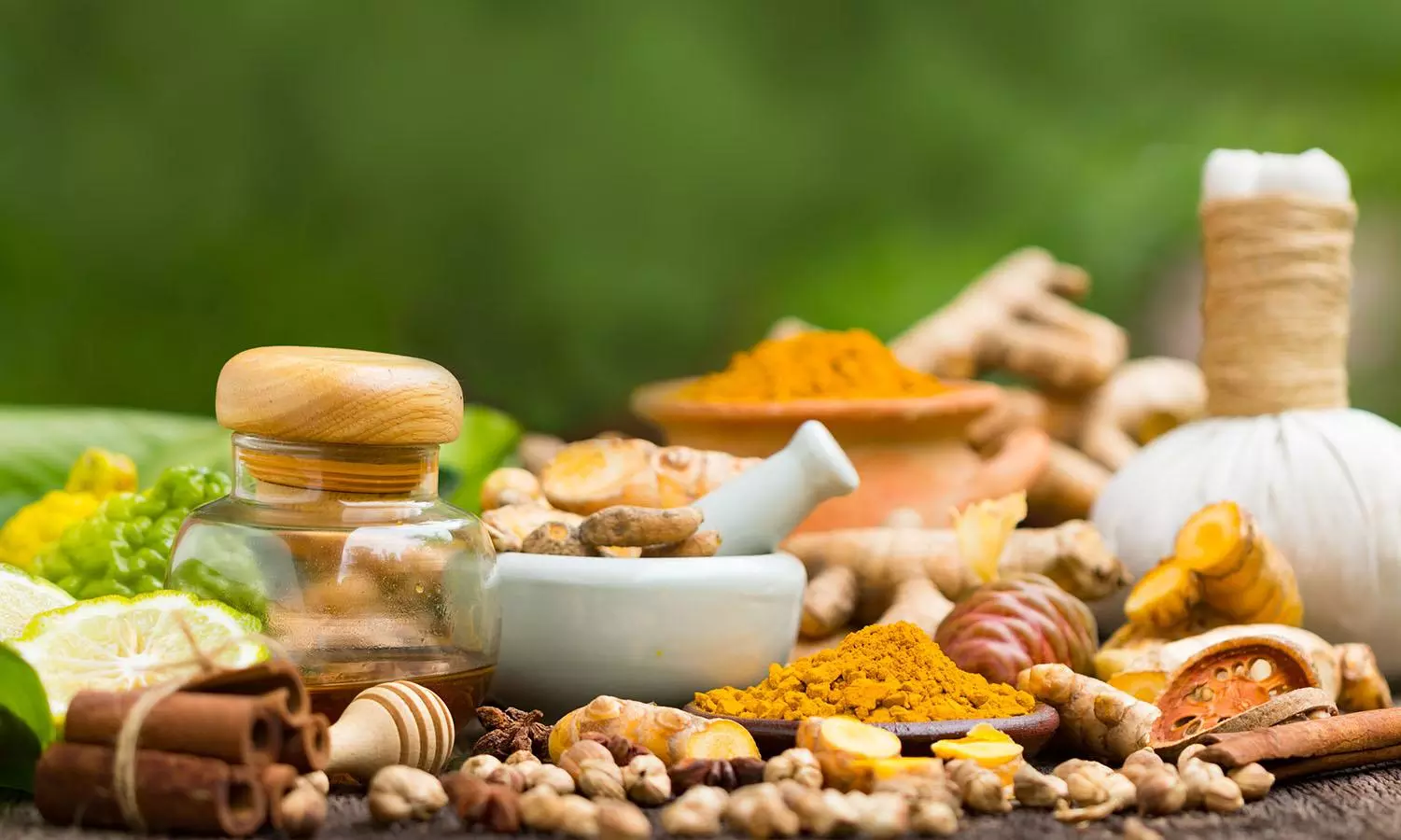
Should homeopathy, ayurveda specialists be called ‘doctors’? The great medical divide
Allopathic doctors warn that AYUSH practitioners prescribing modern medicines without full training risks lives. Can tradition and science coexist safely?

A fierce national debate has reignited over whether graduates of traditional Indian medicine systems—Ayurveda, Unani, Siddha, and Homeopathy, together called AYUSH—should legally use the “Dr” prefix and prescribe modern medicines. While the government allows this under certain conditions, allopathic doctors argue it’s not just misleading—it’s dangerous.
The Indian Medical Association (IMA) has called for stricter boundaries to prevent what it calls "mixopathy" and "crosspathy"—where practitioners of alternative medicine prescribe allopathic drugs without sufficient training. They fear this practice puts patient safety at risk, especially in rural India where healthcare awareness is low.
Risk to public health
Allopathic doctors stress that prescribing modern medicine requires in-depth understanding of pharmacology, dosage, contraindications, and drug interactions. Without this, patients face risks like misdiagnosis, improper medication, and delayed care.
“Allowing lateral entry from the medical system into allopathy without full training not only insults the profession—it endangers lives,” says Dr Indranil Deshmukh from IMA Junior Doctors Network.
The issue is not just theoretical. IMA members allege that many unqualified practitioners are misusing steroids and antibiotics, fuelling what they describe as a looming health crisis: antibiotic resistance. “This pandemic is more dangerous than COVID,” one speaker warned.
Also read: 'Regressive, harmful': Medical fraternity slams move to merge Ayurveda with MBBS course
Confusion in rural India
The controversy also underscores a lack of medical literacy among patients. In rural areas, many are unable to distinguish between qualified MBBS doctors and those from alternative systems simply because both use the title “Dr”.
Dr Dhruv Chauhan, National Spokesperson for the IMA, explained the problem: “We are against quackery and mixopathy. You are a homeopathic or Ayurvedic practitioner, but you’re practising modern medicine and calling it your own. This is mixopathy.”
Chauhan further emphasized that such practices exploit the trust of rural patients. “They just see the prefix 'doctor' or the word 'physician' and assume they are in safe hands. That’s where the real danger lies.”
Also read: Hyderabad alternative medicine clinic sealed after malpractice complaints
Regulatory gaps and concerns
While the National Medical Commission (NMC) is tasked with healthcare regulation, the IMA argues it has failed to effectively regulate or prevent these overlaps. “The NMC does not regulate any of these things… If it was alert, more lives could be saved,” said Chauhan.
The Indian government has promoted integration through policies like the National Medical Commission Act and expanded the AYUSH ministry's reach. But the IMA insists that integration must not compromise the scientific standards and safety protocols that define modern medicine.
“Whatever medicine you practise—if your government allows you—practice it genuinely,” a doctor stated. “But don’t merge our 'pathy' and call your own superior.”
Also read: Why no stream of medicine is pleased with Centre's DM Ayurveda courses
The way forward
As the debate continues, the core issue remains: Can India uphold scientific rigor in healthcare while respecting its rich traditional systems? And more importantly, who gets to decide what qualifies someone as a doctor?
For now, the IMA is urging the NMC to draw firm regulatory lines, not only to defend the integrity of the medical profession but to protect millions of unsuspecting patients from potential harm.
(The content above has been generated using a fine-tuned AI model. To ensure accuracy, quality, and editorial integrity, we employ a Human-In-The-Loop (HITL) process. While AI assists in creating the initial draft, our experienced editorial team carefully reviews, edits, and refines the content before publication. At The Federal, we combine the efficiency of AI with the expertise of human editors to deliver reliable and insightful journalism.)

